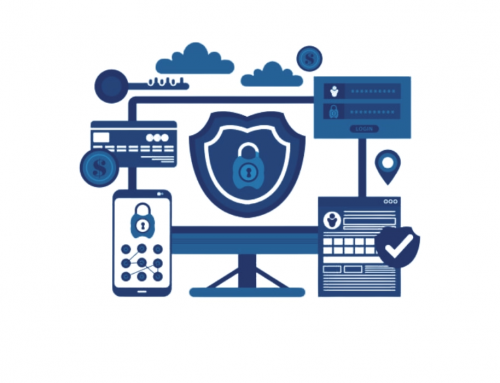These days, it’s not uncommon to wake up in the morning and read headlines like:
- 300 million user accounts breached after a cyber-attack,
- Hackers gained access to millions of social security numbers,
- 500 million personal records were stolen from XYZ hotel servers.
An ordinary citizen can assume that, a) he/she can easily be a victim of the latest data breach, and b) that there’s not much she/he can do to defend themselves.
We live in the age of information which, by default, redefines what is considered valuable. It was not a long time ago when we could put our hands on what was important to us (money, precious metals, deeds, etc… ) and protect them in a safe. Today, we need to worry about identity theft, knowing that our personal information can easily be stolen and sold in the black markets. Cyber attack does not know any physical boundary, so locking doors or buying guns will certainly not going to help us protect your valuable data any better. Once they have our information, cyber criminal can do anything from stealing money from our savings accounts to holding our information in exchange for a ransom.
Cyber attacks are planned and executed in complete stealth mode. There’s a chance that your PC, phone, or Alexa can be carrying a malicious file as you are reading this article, without you having a clue about it. The reality is that we can never know how the next cyber attack is executed and who are the minds behind it. Cyber criminals are computer geeks hiding behind malicious codes, perfectly capable of designing attacks that leave absolutely no trace, let alone a name or identity so the law enforcement can use to prosecute and punish them. Protecting ourselves against unwanted access to our computers is not easy. Even large enterprises such as Target and Equifax have not been able to safeguard company information against malicious intents.
So, what should we do?
The devices we use on a daily basis have ports which can be compared to the doors and windows used in buildings. Leaving an entry open is an invitation to cyber criminals who are constantly looking for ways to get in and steal valuable data. A cyber security professional’s job is to make sure all doors and windows are closed or properly protected. This is similar to closing your entry doors at its minimum. You do not need to have a degree in cyber security to safeguard your data. By following the next few simple steps, you can rest assured that you have done the most critical yet basic steps in protecting your machine and your personal information against malicious attempt and cyber attacks:
1- If you’re using a windows machine, click on your start menu and type “Windows Firewall”. This will search for this application and show it in the menu. Click and make sure it shows “Windows Firewall is on” with green check marks. Believe it or not, many hacking tools will fall useless just by having your firewall enabled.
2- Think twice before clicking on links inside your email. Remember that cyber criminals use many scare tactics to urge users to click on unwanted links. A wrong click can easily expose your computer to the outside world and all type of threats that can be hiding in various forms. If you see threatening emails asking you to change your password otherwise …, it’s most likely that this is a scare tactic pushing you towards doing something you shouldn’t.





